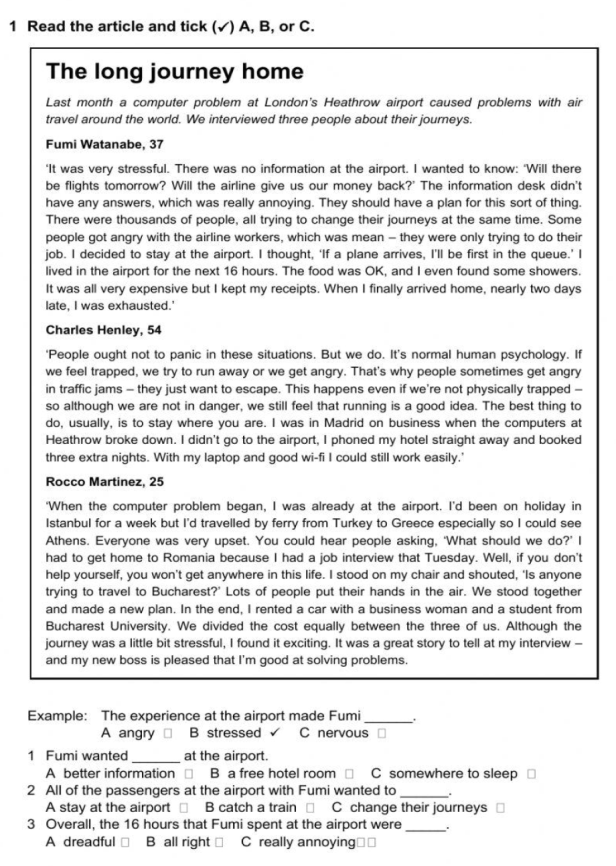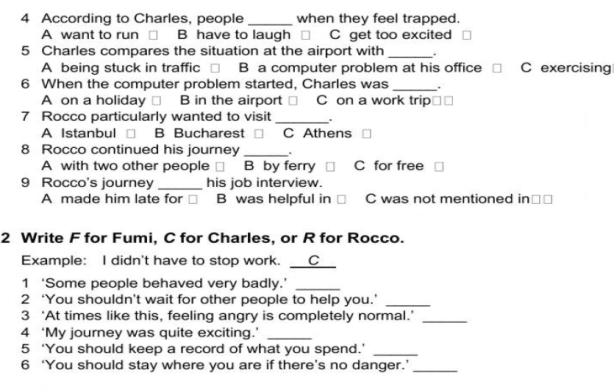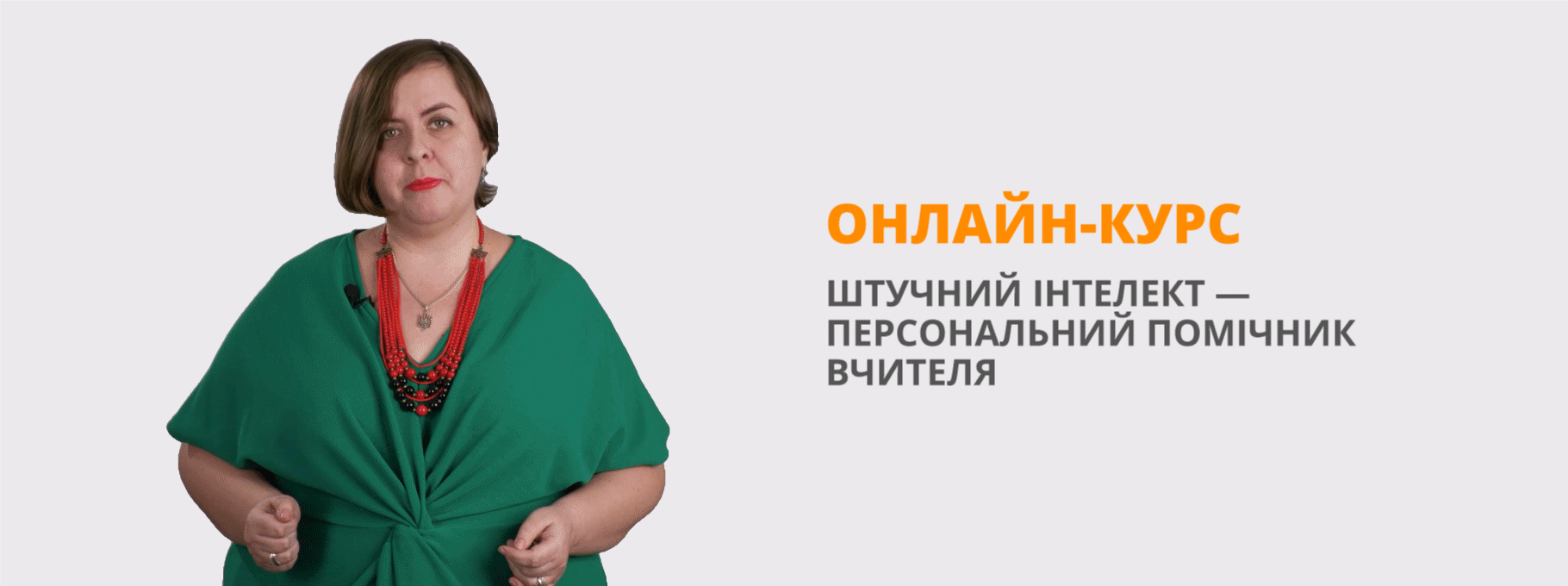Контроль читання з англійської мови


Read the newspaper article below about children who aren’t educated in schools. Choose the correct answers to the questions – A, B or C.
1 Jenna says that some school-age teenagers now
A get extra lessons in some subjects with their teachers after school.
B do all their lessons at home with their parents.
C have a special teacher who comes to their home to teach them.
2 Jenna explains that parents who take their children travelling
A often have to leave the family home because of their jobs.
B feel they want to give their children practical experience of the world.
C think it encourages their children to read more.
3 What does Jenna say about teenagers Dan and Fiona?
A They’ve stayed in lots of different accommodation around Europe.
B They always choose where the family visits on their travels.
C They help in the research to find somewhere interesting to go.
4 Jenna says that Dan and Fiona’s parents
A have the skills required to teach their children.
B have a knowledge of similar subjects.
C have access to online classes if they need them.
5 What is Dan’s opinion about the education he’s getting?
A He’s got a better understanding of things.
B He’s learnt to remember facts better.
C He’s studying a really wide range of subjects.
6 Fiona sometimes wishes that
A she was back at school.
B she could live in their house again.
C she could have contact with her friends.
An unusual classroom
by education correspondent Jenna Ray
Many teenagers attend schools to study subjects like Geography, Science and Maths. But for an increasing number their main place of learning is at home, where their parents become their teachers.
And some families go even further and give up the family home to take their children on round-the-world trips! They feel that seeing everything for themselves is a better education than reading about it in a classroom.
One such couple are Ben and Emma Banks with teenage children Dan and Fiona. They’ve travelled around Europe with their car and caravan, stopping at places of interest – and Dan and Fiona take part in the planning. They both get ideas from guidebooks about places they’d like to see. But then the whole family has to agree before they set off.
Ben and Emma are both school teachers and decided to take a year off their work, and take the children out of school. Ben teaches Science, so he looks after those lessons, plus the Maths and Geography. Emma teaches art but also speaks several languages, so between them they can cover a number of different classes, and if they feel they’re not expert in something, they look it up online.
Says Dan, ‘It’s wonderful that we’re not limited to the classroom to learn things. It’s helped me to really know how things work, for example, rather than just remember facts. Everywhere we go, we find opportunities linked to various subjects, like Maths – working out average plane speeds, and so on at the airport, or Biology – studying the wildlife around a river.’
Fiona agrees with her brother, but adds, ‘While I’ve enjoyed it all, I do sometimes miss sleeping in our house, and just going into town with friends at the weekends. We still keep in touch with friends, though, and we can watch programmes on our laptops, so it’s not too bad. And I wouldn’t want to swap places with my classmates for anything!


про публікацію авторської розробки
Додати розробку
